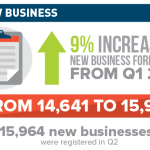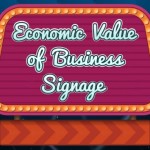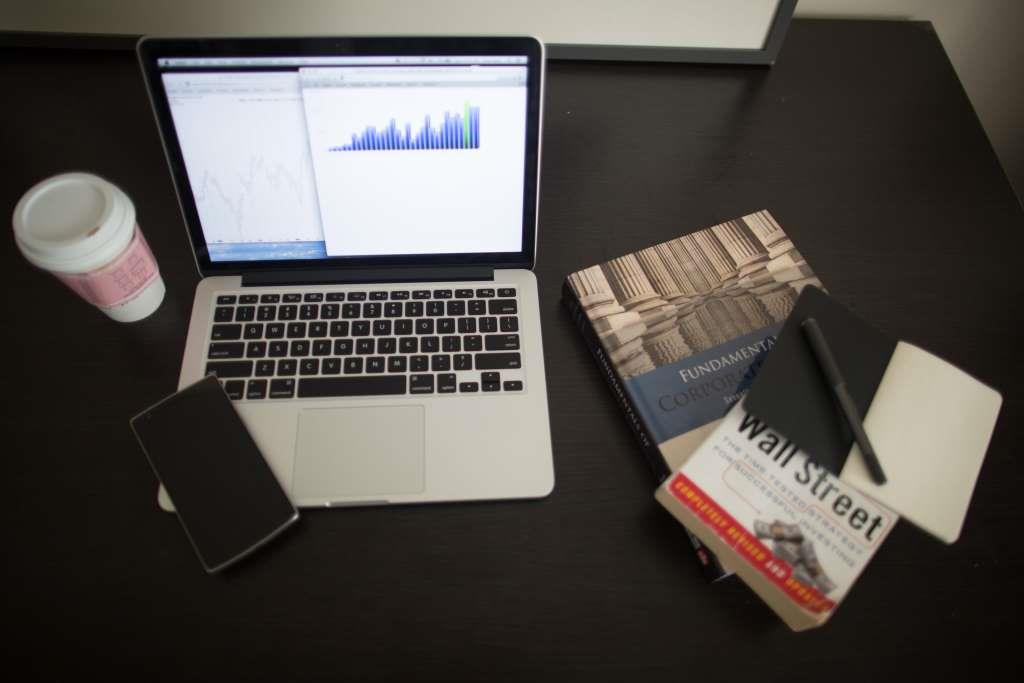If you’ve heard anything about forex, then you probably know that it’s easy to learn and very profitable. Many people use forex as a second form of income to help pay the bills. Of course, in most instances, the claims of simplicity and profitability may be a little overblown. Forex is still a confusing concept and, if you’re a newbie, you should take it slow. It can be easy for novice forex traders to get excited about the prospect of easy wealth, but it’s not that simple. So, it’s advisable to slow down and think things through before you start on your forex journey. Doing a little research couldn’t hurt either.
One of the first things you’ll need to understand about forex is that you “trade” currency, but it’s not like a standard stock market. Instead, you’re trading foreign currency with one another. That is essentially what forex stands for: “foreign currency exchange.” You will have to choose between “buying” and “selling,” but you’re not actually buying or selling anything. In a regular stock market, you’re actually buying and selling shares in a business. When you buy, you have control over those shares and you can get a physical representation of those shares if you hold on to them long enough. But forex is a little different.
Understanding Currency Pairs
Forex is always traded in currency pairs. The basis of forex is that you’re comparing the two currencies and their statistical values at a certain moment in time. One of the most common currency pairs is EUR/USD (euro and the United States dollar), but there is a whole host of other pairs to choose from.
In the forex market, your goal is to bank on speculation from those currency pairs. So, if you think that the euro is going to increase in value and the US dollar is going to decrease in value, then you would make the appropriate trade. In this case, the appropriate trade would be to “buy” the currency pair. This essentially means that you’re putting your faith in the euro to increase in value as compared to the USD. If the graph moves upward, then you’ve made a successful trade. If the graph moves downward, then you’ve made an unsuccessful trade.
The way you make money is by selling the currency pair when the euro reaches a point of decent value. Of course, the strange thing about forex is that you don’t necessarily have to own anything to “sell.” You can open an account and your first trade ever could be selling the EUR/USD pair. This essentially means that you think the USD is going to increase in value as compared to the EUR. But, again, you’re not actually selling anything.
How to Get Started
As a novice forex trader, your first course of action should be to find an adequate broker. There are a number of different brokers on the internet, and you need to make sure that you do business with a reputable one. You also need to focus on building up your forex skill. Some people might think of forex trading like it’s a form of gambling, but, in reality, it’s all about noticing trends and capitalizing on those trends. Thus, there is a distinct learning curve to this.
Before you ever get started trading real money with a broker, you should open up a free demo account (make sure you’re not charged for a demo account). In most cases, brokers will have a free simulation that gives you a bank full of fake money to start trading. Make extensive use of this service. It’s important to become familiar with the ins and outs of forex trading and all of the nuances it provides. You should also continue researching and building up your knowledge. Don’t open up a live forex account unless you’re ready to make actual trades. If you open up a live account too soon, you can end up losing all your capital right away on poor trades. If you understand the system, though, then forex trading can help you make some money on the side.















